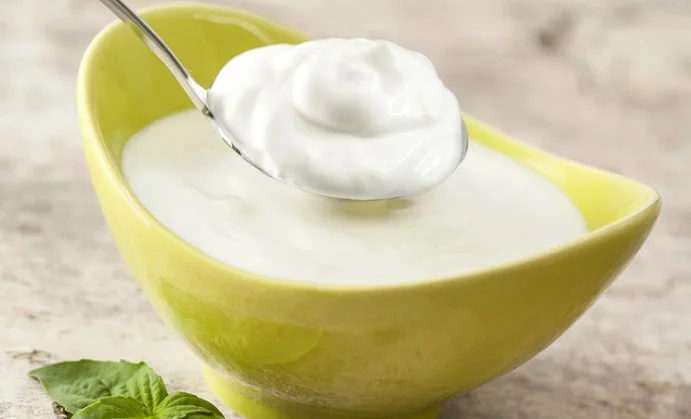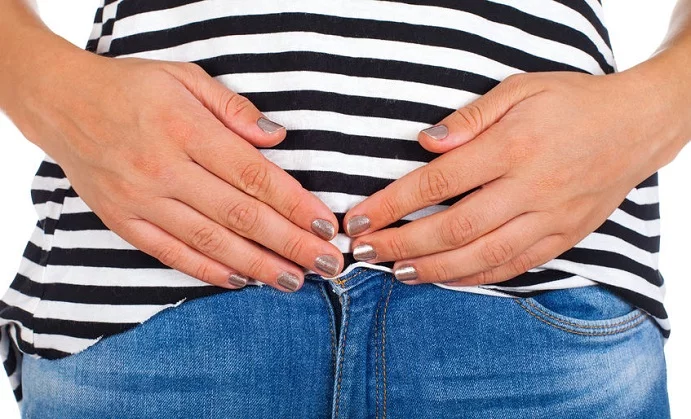Suffering from IBS is painful and uncomfortable and something you probably wouldn’t wish on anyone. It can have a serious impact on your daily living, adding to an already stressful existence. Unsurprisingly, stress is actually one of the main triggers of an IBS flare-up. While this is a chronic condition, the goods news is that there are some ways that you can manage your symptoms and prevent flare-ups from occurring. Suffering the symptoms of IBS is generally triggered by the food we eat, stress and anxiety, so finding ways to get these under control is the way to go about preventing symptoms.
Eat The Right Foods
And avoid the wrong ones. Make sure to include enough fiber into your diet as this is important for keeping waste moving through your digestive system as it should and preventing constipation. However, some of these high-fiber foods may result in gas and cramping, making IBS symptoms worse. So, try to increase the amount of fiber you eat gradually. Specific foods are known for worsening the symptoms of IBS so these should be avoided. These include dairy products, gluten, caffeine, cabbage, broccoli, beans, and sweeteners such as sorbitol. Sometimes, food triggers may actually be a sign of other health conditions such as celiac disease, Crohn’s disease, and lactose intolerance so it is important to visit your doctor to rules these out.
Reduce Your Stress
Symptoms such as stomach pain and bloating are often related to stress. Though these usually occur more intensely in those suffering from IBS. Finding ways to reduce your stress can go a long way to relaxing your stomach and promoting normal bowel activity. Some ways that you can reduce your stress levels include:
- Deep breathing
- Yoga
- Meditation
- Biofeedback
- Therapy
- Progressive relaxation
Don’t feel embarrassed if you need to turn to outside help to help you. Ultimately, this will help you get the tools you need to relax, decompress and manage stress more effectively.
Drink Enough
While there is a lot of focus on eating the right foods and avoiding the wrong ones to reduce your symptoms, not many people remember about their drinking habits. Though, while it is important to drink sufficiently throughout the day, not all liquids are the same when it comes to IBS symptoms. Water is your best option. This helps soothe the stomach and keeps things moving through your digestive system. Avoid fizzy drinks, coffee or other drinks with caffeine, and alcohol. These can cause excess gas and diarrhea to worsen.
Following these solutions may be the way to find long-term relief from your IBS symptoms, though there may be different things that work for you and some more than others. There is no one-size solution to relieving symptoms, so you may have to try different things and see what works for you.
Do you want to find an effective IBS treatment? Check out our top rated IBS products












